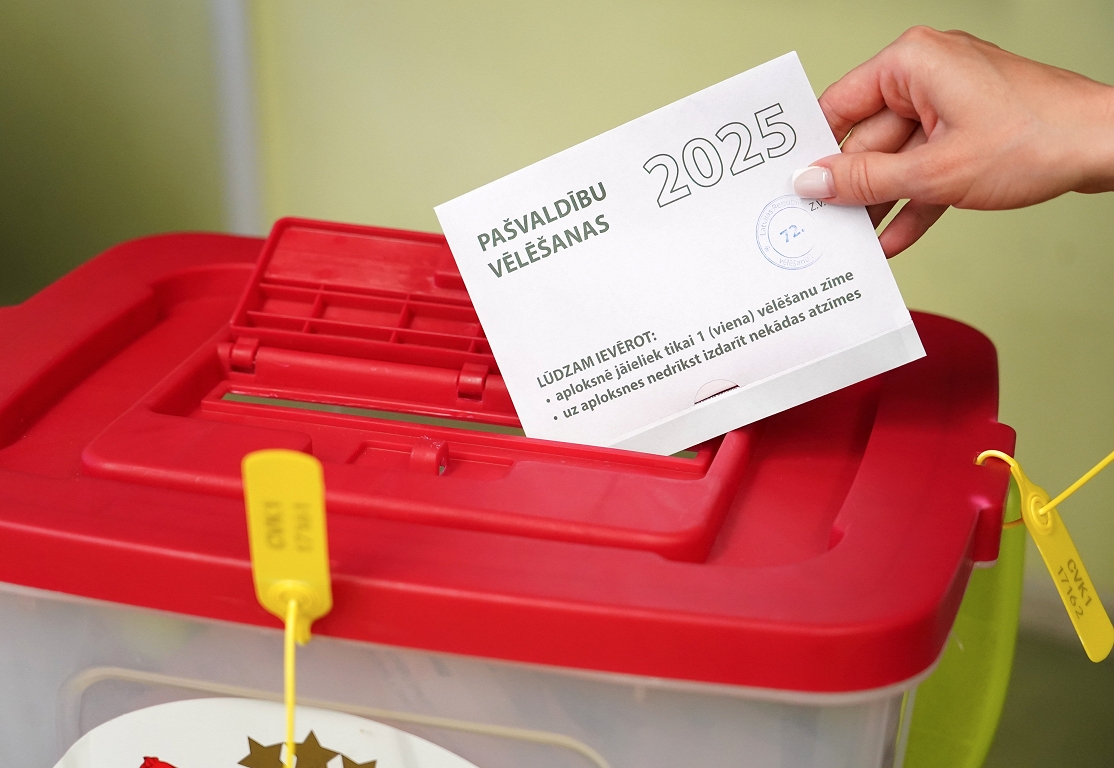Yes, there is really a general practitioner shortage: one in twenty people can’t find a doctor
:format(jpeg):fill(f8f8f8,true)/s3/static.nrc.nl/images/gn4/data130215855-ce6384.png|https://images.nrc.nl/m8KVxTqgcg8QPfZQamGR96eMGmc=/1920x/filters:no_upscale():format(jpeg):fill(f8f8f8,true)/s3/static.nrc.nl/images/gn4/data130215855-ce6384.png|https://images.nrc.nl/EqN-NS7LxoYsxvGkR1xFh5_epZ0=/5760x/filters:no_upscale():format(jpeg):fill(f8f8f8,true)/s3/static.nrc.nl/images/gn4/data130215855-ce6384.png)
Is there now or not a national general practitioner deficiency? No, written Former minister Pia Dijkstra (Medical Care, D66) at the Lower House last year. Yes, there is, the research institute stated Nivel and the National General Practitioners Association. To put an end to all the uncertainty, the Court of Audit went to work with the question: who is right? After four months, Ewout Irrgang, a member of the Court of Audit, presents the redeeming answer this Wednesday in the report Focus on general deficiency deficiency.
Do you say it, whether or not a shortage?
Irrgang: “Yes, there is a shortage. One in twenty people is looking for a doctor. A part has no general practitioner at all. The estimates vary from 45,000 to 194,000 people, although it is difficult to stick a exactly number on it. More than 730,000 people now have a doctor, but that is not possible.
If you search the internet, you will find practices with patient stops or waiting lists throughout the Netherlands.
« 60 percent of GPs had a patient stop last year. The deficit will increase further: 56 percent of GPs will retire in the coming twenty years or are looking for another job. There is really something going on. »
Where do people go if they don’t have a doctor?
« In the event of an acute complaint you can ultimately go to a general practitioner as a ‘passer -by’, but often patients postpone that. That is really undesirable. You are going to avoid necessary care, that can later lead to more expensive and more radical care. »
The Court of Audit writes that most patient stops were in the Haaglanden, Gooi and Vechtstreek regions last year, the Drechtsteden and Amersfoort. The Dutch Healthcare Authority (NZa) found Last month that the number of people trying to find a general practitioner in a year through mediation at the health insurer has risen from about five thousand to around seven thousand.
The Hague, Het Gooi? Not the regions that you would immediately expect …
« You can’t easily say: » There it is the general practitioner deficiency the most serious’. Take Haaglanden, where 75 percent have a patient stop. That is an urbanized area. Perhaps you can simply register with the other 25 percent, and they are also nearby. In Friesland, Drenthe and Zeeland, for example, the number of patient stops is no more than there in a gay in kilometer in kilometers in kilometers. environment. »
Why do so few people ask for help from their health insurer?
« We suspect unknown. Many people don’t know that they can report. But health insurers may know where there is still room. Or they ask a doctor to hire someone, because it is really necessary. »
Minister Fleur Agema (Public Health, Welfare and Sport, PVV) believes it is important that everyone can register At a general practitioner nearbyshe wrote to the room earlier. The cabinet sees an important role for the doctor, as someone who must prevent That people are referred too quickly to expensive, specialist care. The good news is that the Court of Audit states that the number of general practitioners has grown from 8,600 to 14,300 between 2000 and 2024. At the same time, the number of patients per doctor fell from more than 1,800 to 1,250.
If those GPs all take some extra patients, is the shortage not resolved?
« That is arithmetically. But it is ignoring the double aging. There are more and more elderly people who are getting older, and who are going to the doctor more often. Care is also moved from the hospital to the doctor. And sometimes there is lack of space: Then just no more patients can be added. «
What continues, says Irrgang, is that patients on the GGZ waiting list and youth care report – for bridging – to the general practitioner. This way it gets even more tasks. « The doctor is the front line of society; he never closes its doors. »
But while demand is increasing, the supply of doctors is declining. GPs who retire have difficulty finding a successor for their practice. Young GPs work part -time more often or become an observer.
You also write that a quarter of the GPs will do something else after fifteen years.
« That is a lot. Administrative burdens play a role, work pressure, the work-life balance. The number of training places has been increased in recent years, but not all places are being filled. It would be good to see if we can do something to that inflow and outflow. »
Doctors get more and more support staff such as doctor’s assistants and practice assistants. Is that the solution?
« There are also staff shortages, which you see everywhere in healthcare. »
And digitization, such as homearts.nl or pharmacy.nl?
“I am also enthusiastic, but four million Dutch people cannot handle digital possibilities well. Digitization is none Magic Bullet. «
Our general practitioner care, says Irrgang, « is a very nice system that is also being looked at internationally with some jealousy. Low -threshold, accessible basic care, with a general practitioner who knows the patients. We have to cherish that system. But it squeaks and cracks. »
Read also
The doctor will soon be in your back pocket: digitization in general practitioner care is increasing rapidly

/s3/static.nrc.nl/images/gn4/data133317775-d0126f.jpg)
:format(webp)/s3/static.nrc.nl/bvhw/wp-content/blogs.dir/114/files/2021/11/trujilo-vierkant.png)
/s3/static.nrc.nl/images/gn4/stripped/data133311162-89da16.jpg|https://images.nrc.nl/0GhfYXflp44vL8qLyvwS0lBuz-I=/1920x/filters:no_upscale()/s3/static.nrc.nl/images/gn4/stripped/data133311162-89da16.jpg|https://images.nrc.nl/eiTEPfNVErZvLkKwpzeS_a75FXk=/5760x/filters:no_upscale()/s3/static.nrc.nl/images/gn4/stripped/data133311162-89da16.jpg)




